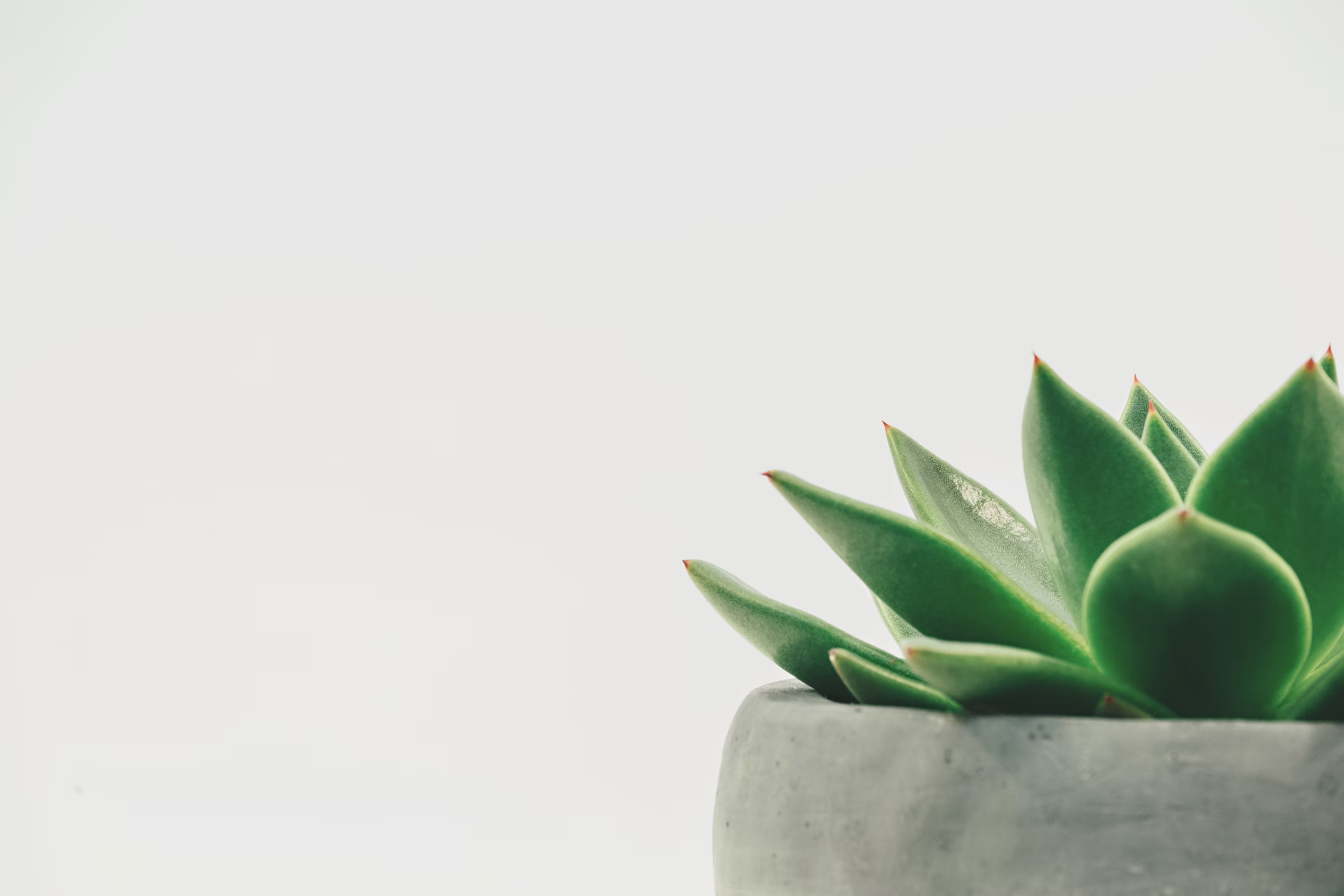Key Takeaways
- When you’re in a relationship with someone, it’s natural to want to give and receive attention. Attention can lead to greater emotional connection, intimacy, and overall relationship satisfaction.
- Physical touch, kind gestures, quality time, and words of affirmation are examples of positive attention in healthy relationships.
- If you’re looking for more attention from your partner, consider how to have a meaningful and constructive conversation about your needs. For example, both people should have a chance to express their feelings and concerns.
Attention has been described as the basic food and water of a relationship. It helps people feel seen, connected, and more satisfied with their partner. But when it comes to the amount of attention they need, everyone is different. Some people prefer frequent affection and recognition, while others are more comfortable with a bit more space and independence.
Depending on your unique needs, this may leave you wishing your partner was more attentive. Misalignment can be caused by differing attachment styles, communication preferences, and relationship expectations. The key is learning how to effectively communicate your preferences and work together to create balance in the relationship.
Five ways to get more positive attention in your relationship
If you’re wondering how to ask your partner for more attention without coming off as needy or demanding, the following tips can help you approach the conversation in a constructive and empowering way.
1. Communicate your needs
Open communication can play an important role in increasing intimacy and relationship satisfaction. If you’re feeling disconnected from your partner, be honest about how that makes you feel. Make a point to explain clearly why you’re looking for more attention and why it matters to you.
Here are a few tips to keep the conversation positive and productive:
- Have the conversation when you’re calm, not when you’re feeling frustrated by the lack of attention.
- Offer examples of the type of attention you’re looking for, like spending quality time together after work.
- Focus on the positive aspects of the relationship instead of blaming your partner for how you feel.
2. Ask about their needs
An important component of open communication is offering both people a chance to share what’s on their mind. As stated by social psychologist Erich Fromm, “understanding and loving are inseparable. If they are separate, it is a cerebral process, and the door to essential understanding remains closed.”
If you’re not getting what you need from your partner, there’s a chance that they are feeling the same way. The following questions can help you understand their perspective:
- How have you been feeling about our relationship lately?
- Is there something you need from me that I’m not providing right now?
- Are there any outside stressors impacting our relationship for you?
3. Reflect on your own thoughts and behaviors
Relationships involve two people, so be mindful of how your thoughts and actions affect your partner. For example, is there anything you’ve said or done that may influence how your partner has been acting toward you? By taking the time to reflect on your own behaviors, you may identify solutions for increasing connection and attentiveness in your relationship.
4. Suggest more quality time together
Consider suggesting that you spend more quality time together. Something as simple as listening to music, taking a walk, or sharing a meal can help people feel more connected. Additionally, couples who spend more time engaging in joint health behaviors, like sleep and exercise, have reported being more satisfied with their relationship.
5. Seek professional support
If you and your partner are struggling to see eye-to-eye, you may want to consider couples therapy. Working with a therapist offers a safe and confidential space to address your concerns, set healthy boundaries, build your communication skills, and strengthen your relationship.
The care you need, when you need it
Learn how Rula can support your mental health journey
What it means to be attentive in a relationship
When you’re in a healthy relationship with someone you care about, it’s important that both people feel seen, valued, and supported. This type of attentiveness can lead to greater emotional connection and intimacy.
There are different ways to be attentive in a relationship. For example, you can show your appreciate and affection through:
- Physical touch: Hugging, holding hands, and cuddling
- Kind gestures: Writing sweet notes, delivering coffee in bed, and asking about their day
- Active listening: Making eye contact, verbally acknowledging their feelings, and remaining present when they speak
- Words of affirmation: Offering simple statements like “I see you” and “I appreciate you”
- Quality time: Being fully mentally present when spending time with your partner, such as weekly date nights or a few minutes at the start or end of your day
- Emotional support: Taking an interest in your partner’s feelings and offering ongoing emotional support
- Appreciation: Acknowledging your partner’s efforts and showing appreciation for them and the relationship
- Respect: Honoring your partner’s boundaries and limiting distractions during quality time together
The exact activities depend on you and your partner, but research suggests couples who spend more time talking together report greater relationship satisfaction and closeness. Higher levels of emotional intimacy are also associated with increased sexual desire and sexual activity with your partner.
Why partners stop paying attention
It’s normal for attentiveness to change throughout a relationship. At the start of a relationship, couples often try to spend as much time together as possible. Part of the fun is learning about each other’s likes, dislikes, and habits and making an effort to show the best parts of yourself. Then, over time, as the relationship evolves, that level of attentiveness begins to ebb and flow.
Stress, major life changes, attachment styles, and differing communication styles can all affect the way you connect with your partner. For many couples, their physical and emotional intimacy naturally changes with time. One national survey of married couples found that sexual activity declined due to age, diminished heath, and habituation to sex.
Signs your relationship may need more attention
There’s a difference between a shallow cry for attention and an earnest desire to be seen and heard by someone you love. If you genuinely feel like your partner isn’t being attentive, it can start to impact your mental health and the well-being of your relationship.
For example, you may take their lack of attention personally, making you feel unworthy, unloved, or taken for granted. Some people may try to control the situation by giving their partner more attention, which can lead to an even greater imbalance in the relationship.
Only you know how much attention you need from your partner to feel satisfied and supported, but the following signs may suggest that your partner isn’t meeting your needs:
- You often feel lonely and neglected by your partner.
- You spend limited quality time together, and you’re typically the one to initiate plans.
- You don’t feel like you’re a top priority in your partner’s life.
- You and your partner struggle with open and honest communication.
- You want more emotional and physical intimacy.
Find care with Rula
If you’re looking for more attention from your partner, consider turning to a mental health professional for help.
With Rula, our streamlined platform makes it easy to find a therapist who takes your insurance and is accepting new clients as soon as tomorrow. And, with our convenient online platform, you can meet with a therapist from the comfort of home.
Find therapists specializing in relationships near you
New York – Iowa – Idaho – Texas – California – Georgia – Illinois – Hawaii – Indiana – Virginia – North Carolina – Pennsylvania – Find your location
About the author
Alex Bachert
Alex Bachert is a freelance copywriter and mental health advocate. Since earning her masters degree in public health, she has focused her career on creating informative content that empowers people to prioritize their health and well-being. Alex has partnered with organizations like Ro, WellTheory, and Firsthand, and her work has been recognized by the Digital Health Association.
When she’s not writing about mental health, Alex is usually playing pickleball, meeting with her local board of health, or enjoying time with her three kids.
Rula's editorial process
Rula's editorial team is on a mission to make science-backed mental health insights accessible and practical for every person seeking to better understand or improve mental wellness.
Members of Rula’s clinical leadership team and other expert providers contribute to all published content, offering guidance on themes and insights based on their firsthand experience in the field. Every piece of content is thoroughly reviewed by a clinician before publishing.



